|
The Washington Post recently wrote about an increased risk of stroke in patients with diagnosed COVID 19, "Young and middle-aged people, barely sick with COVID 19, are dying of strokes.”
0 Comments
Attention-deficit/hyperactivity disorder (ADHD) is a typically a childhood-onset neuropsychiatric disorder, although adults can be diagnosed as well, characterized by persistent and impairing inattention, hyperactivity, and impulsivity. ADHD involves dysregulated dopaminergic pathways. In 2011 over 50 million prescriptions for Adderall were filled.
We all know that exercise is good for us. And right now during this current period of social isolation, exercising is especially important – in fact, a recent study highlighted how physical activities can afford us access to more immunological benefits. So even if your gym is temporarily closed or your usual fitness regimen has been derailed by changes in your daily routine, it’s critical to find alternate ways to keep moving.
With the life-changing events that have transpired in regard to COVID 19, we all now know first-hand what it means to live through a global pandemic.
We have long known about a link between pandemics and neuropsychiatric disease. Dating back over a hundred years ago, this was referred to then as “influenza psychosis.” Many of my colleagues and I believe that after this worldwide COVID 19 pandemic, we potentially are going to see a tremendous rise in post-infectious neuropsychiatric presentations.
We know that multiple sclerosis (MS) is associated with both genetic and environmental factors that influence disease susceptibility. While we can’t change our genes, we can and must consider the effects of outside and controllable influences such as smoking habits.
In 1988 when the movie Rain Man was first released, many people had little familiarity with autism or understanding of what neurotypical individuals can experience on a day-to-day basis. Since then, we have indeed acquired a significant amount of information and more scientific research about the disorder, but what have we really learned as far as valid therapies and even potentially reducing its incidence?
|
AuthorDr. Suzanne Gazda, Integrative Neurology Archives
February 2024
Categories |
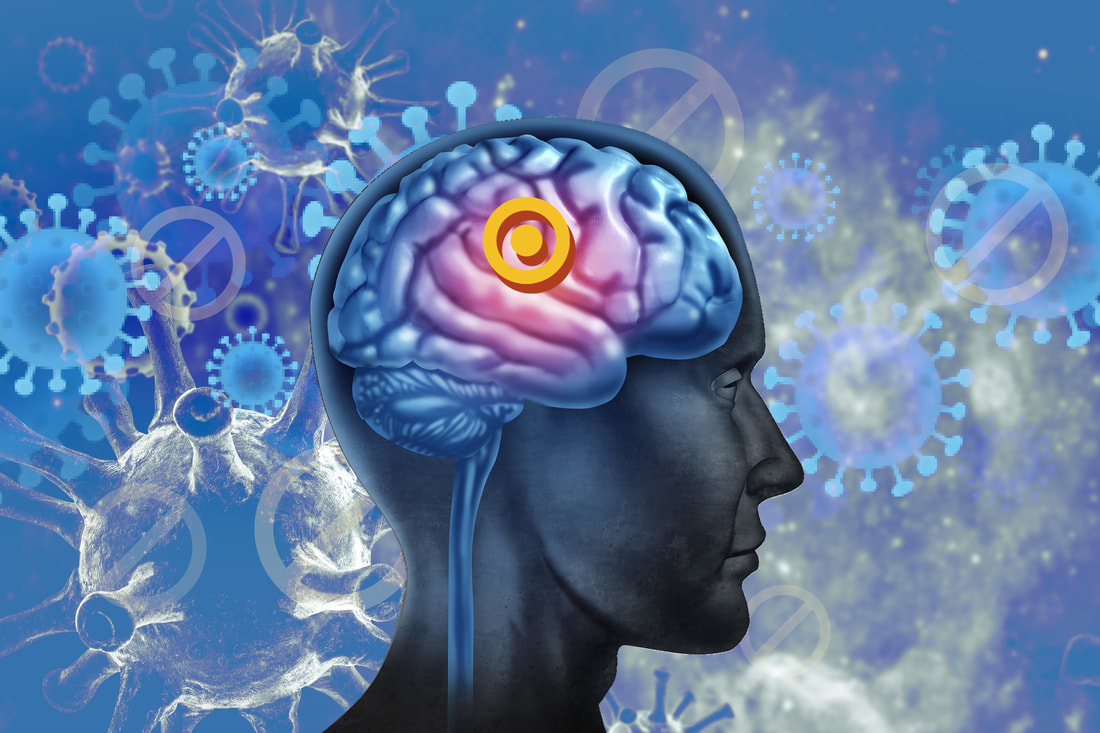
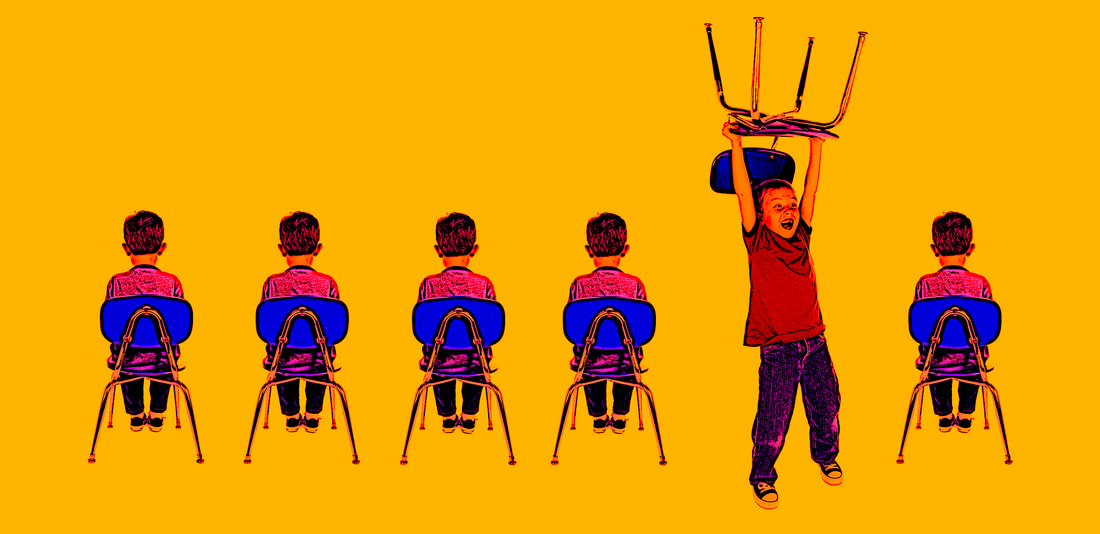

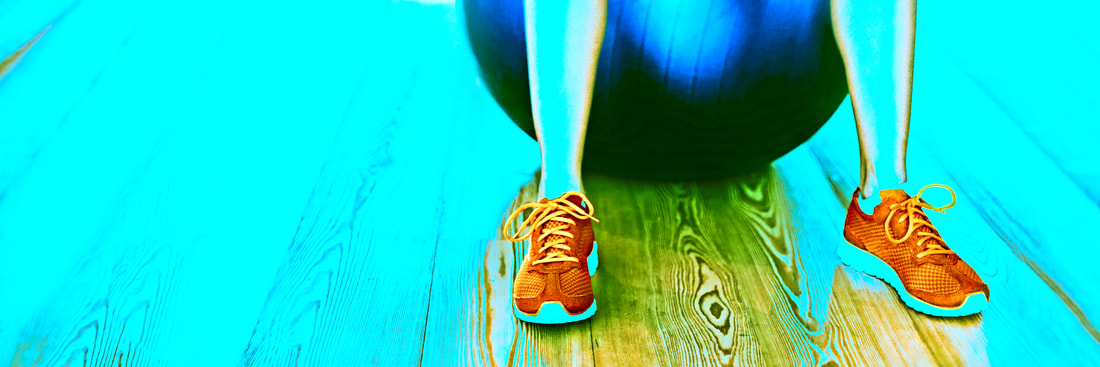
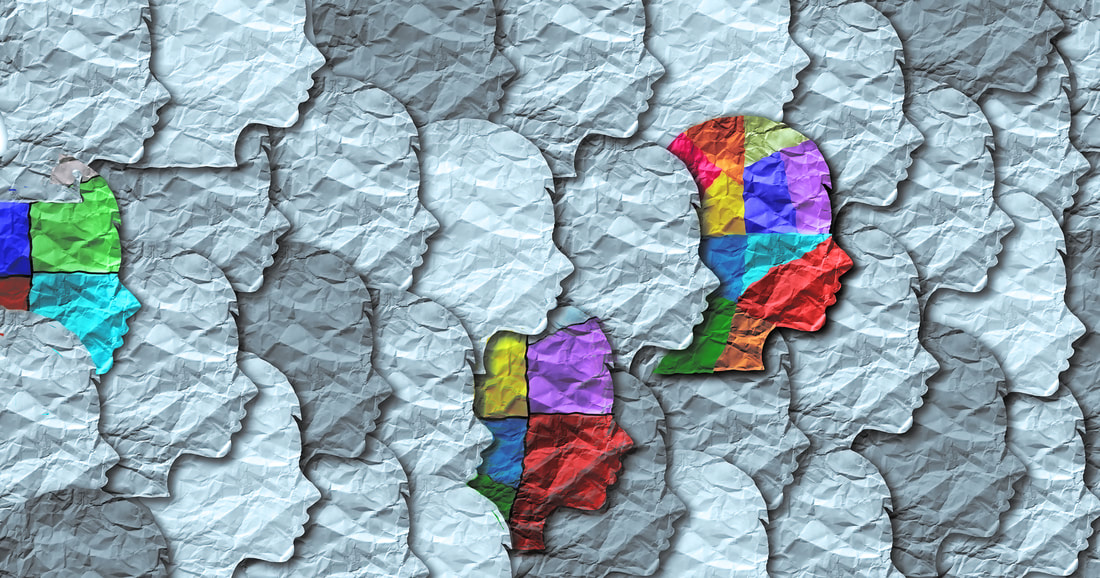
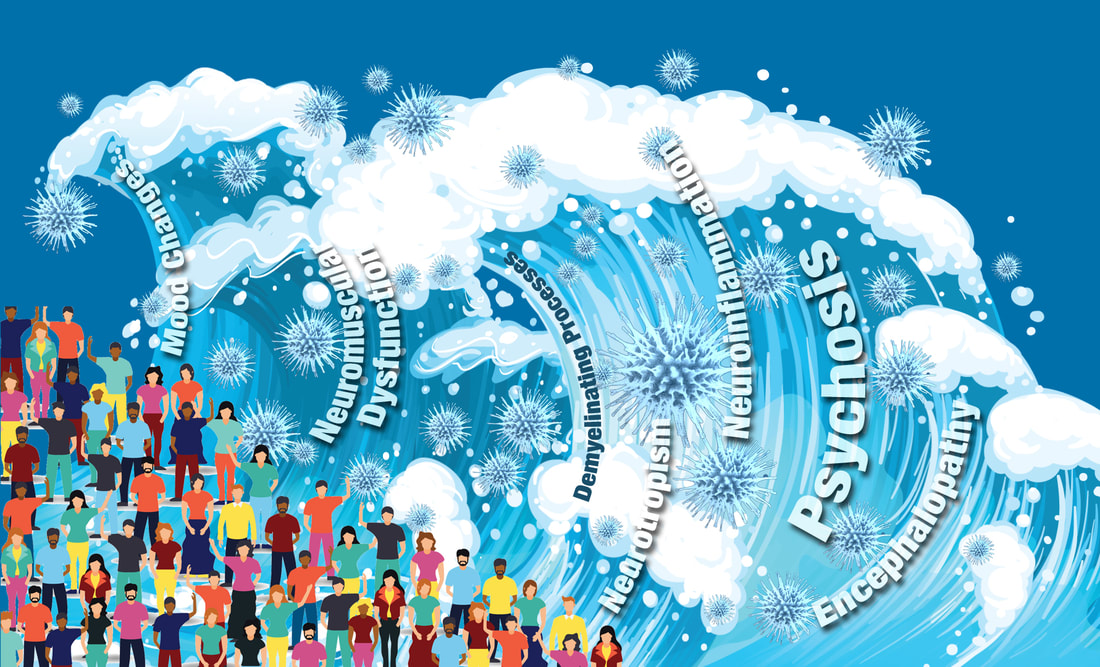

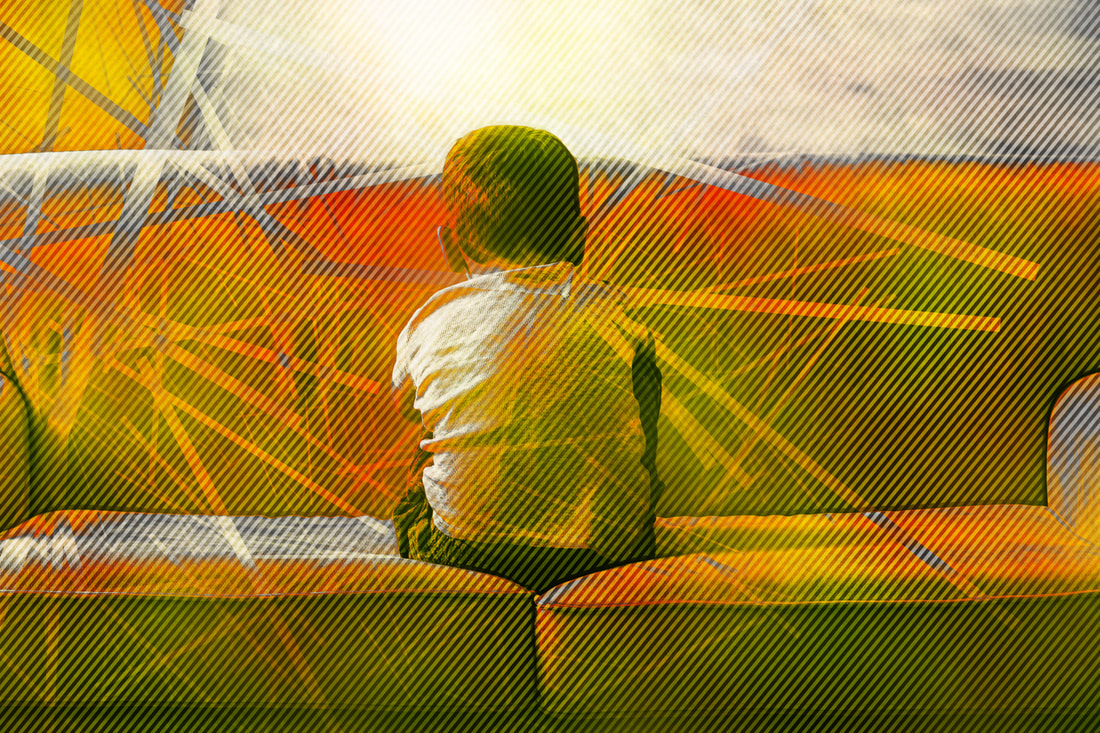
 RSS Feed
RSS Feed